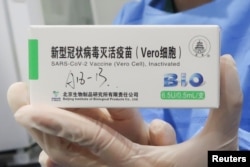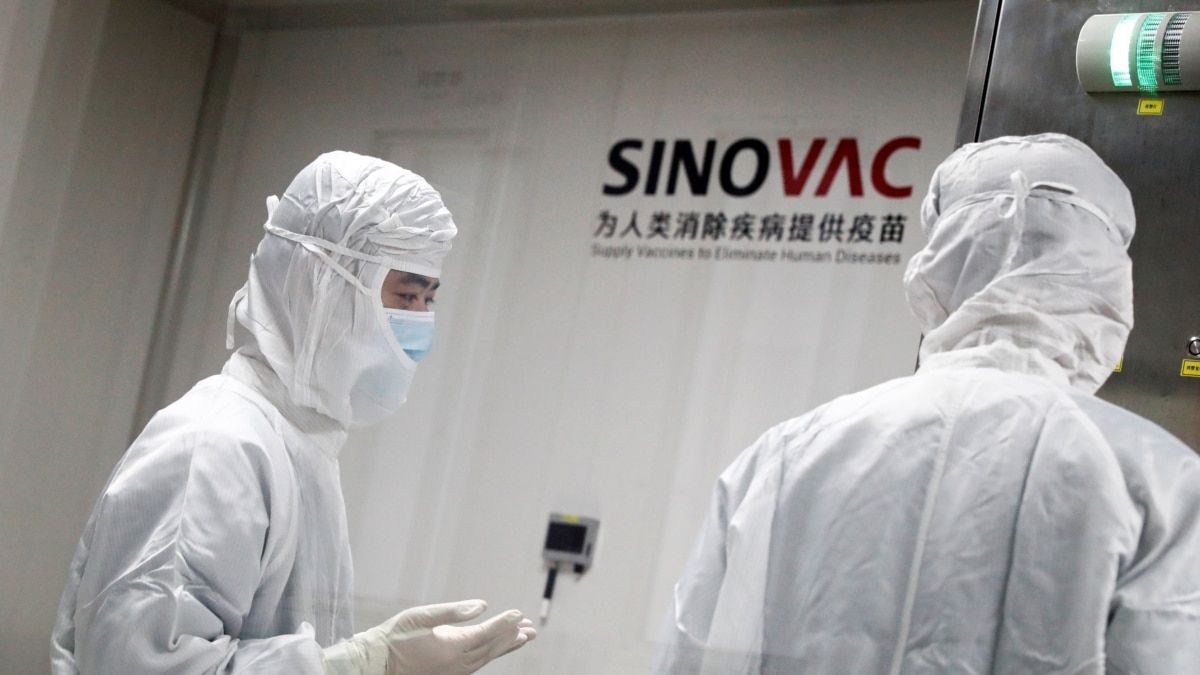
–
–
A nurse holds a box of COVID-19 vaccines made by the Beijing Institute of Biological Products, a unit of Sinopharm’s subsidiary China National Biotec Group (CNBG). (Photo: Reuters)
–
On its website, the US Centers for Disease Control and Prevention (CDC) says, “Aluminum is one of the most common metals found in nature and is present in air, food and water,” so (aluminum) is not a foreign or hazardous material, although groups anti-vaccine claims it does. For example, Sinovac uses aluminum hydroxide, an ingredient that is also used to treat stomach aches.
The Sinovac and Sinopharm vaccines have a major advantage over other COVID vaccines, namely that they are easy to store and require only regular refrigeration.
That facilitates the distribution of the COVID vaccine to communities in remote areas.
“In an ideal world, we wouldn’t need it, but at this point, we need a way to get the world vaccinated quickly and effectively, and may require the use of vaccines that we know are not very good but are better than not being vaccinated at all.”
WHO says safe and effective vaccines are the way to go. But for now and in the future, WHO recommends wearing masks, washing hands more often, good ventilation in spaces, maintaining physical distance and avoiding crowds.
And most importantly, get the COVID-19 vaccine with any vaccine available.
Cox says we are lucky because many governments in the world are investing in vaccines and many top scientists are making vaccines.
“The best scientists in the world figuring out how to make effective vaccines and deliver them to the global population is critical. The more data we get from these vaccines, the more we can choose a vaccine that can protect a large part of the world’s population.”
The WHO says it’s not the type of vaccine that will stop the pandemic, but vaccination. [vm/jm]
–
– .



